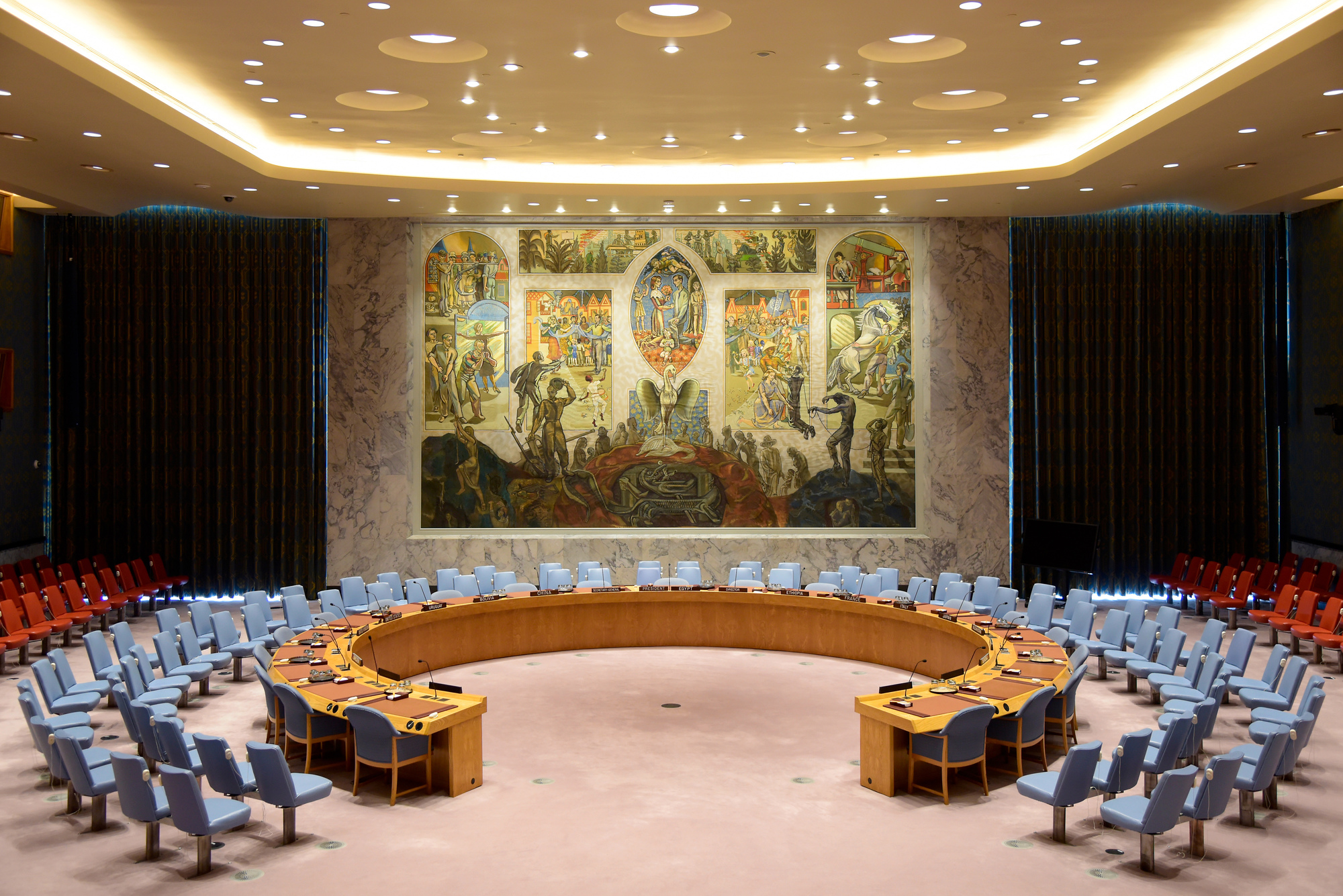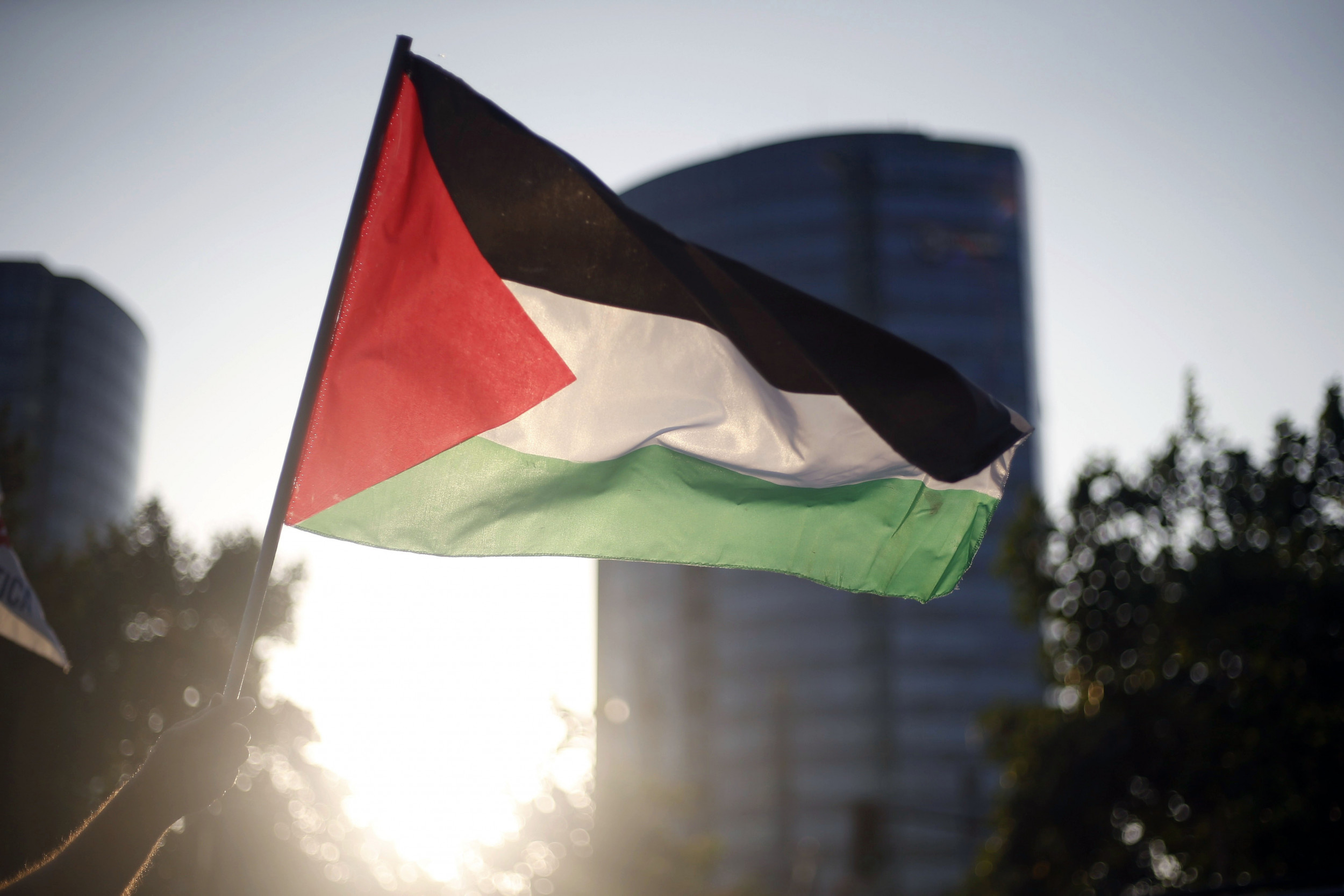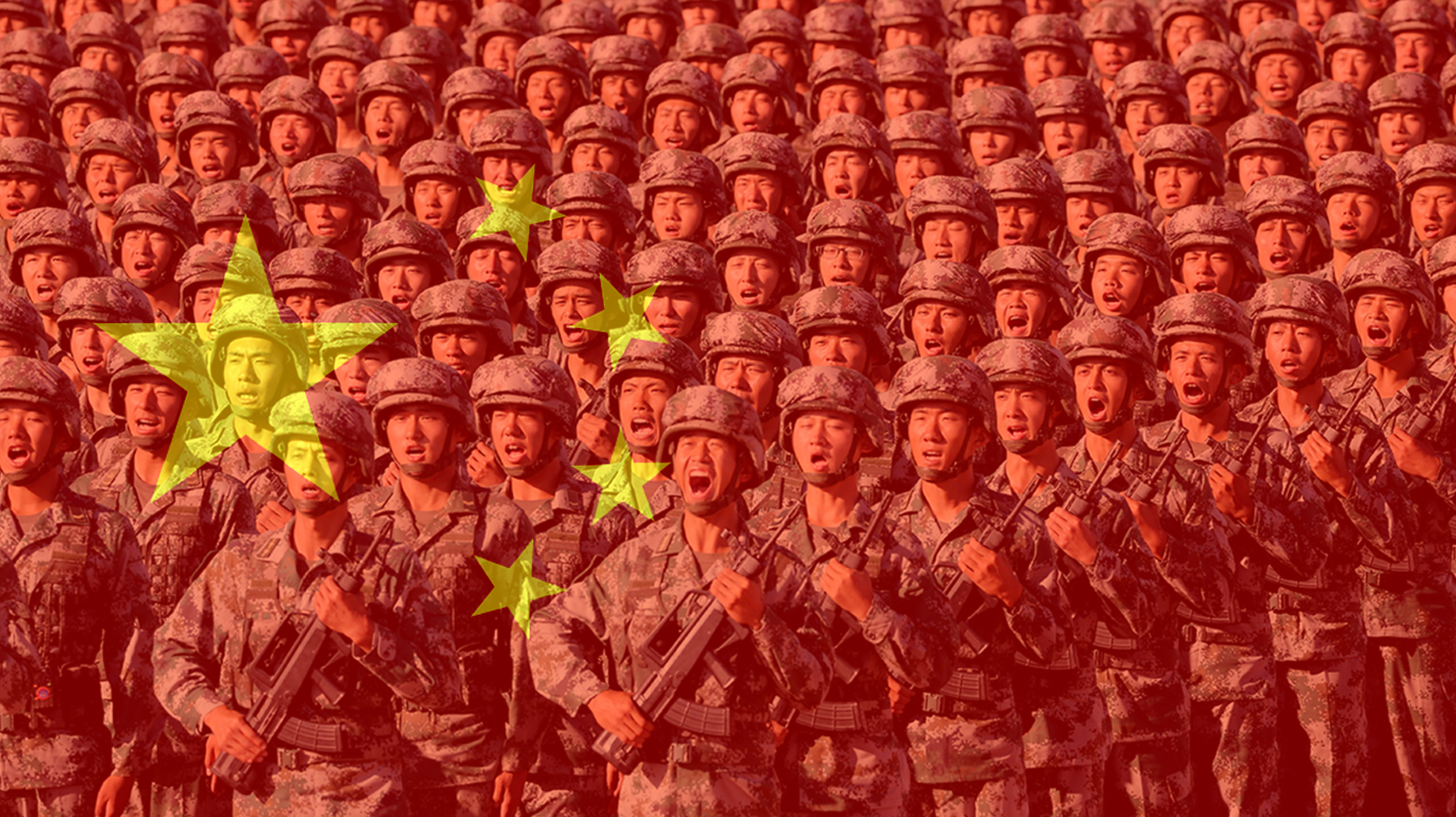Earlier this year, Beijing’s ‘mask diplomacy’ gained traction for its suspected geopolitical intentions as the rest of the world was making do with a dwindling supply of face masks and Personal Protective Equipment (PPEs). Beijing’s swooping gesture of goodwill to the suffering global community was quite an opportunity to seize, and one that allowed China to earn points from the international community.
Continue readingThe Way forward on South China Sea Issues – Presentation from Prof. Hasjim Djalal
Devising cooperative programs on “technical, scientific and environment” matters is easier than dealing with “resource” issues, and much more difficult than dealing with “territorial claims and jurisdictional issues” in the South China Sea (SCS).
Continue readingFPCI Virtual Public Forum on Assessing the Present and Envisioning the Future of ASEAN-China Relations
FPCI Virtual Public Forum on Assessing the Present and Envisioning the Future of ASEAN-China Relations
On Friday, 4 September 2020, Foreign Policy Community of Indonesia (FPCI) convened a virtual public forum on “Assessing the Present and Envisioning the Future of ASEAN-China Relations.” This public forum served as a form of ‘community briefing’ for ASEAN nationals on the preliminary findings of FPCI’s ASEAN-China Survey 2020. The forum was begin with an opening remarks from Dr. Dino Patti Djalal, Founder of FPCI.
The discussion was moderated by Dr. Shofwan Al Banna, Head of Undergraduate Programme of International Relations Department at the University of Indonesia, who is also the Senior Advisor of ASEAN-China Survey 2020 featuring the following panelists:
1) Dr. Kin Phea, Director General, International Relations Institute of Cambodia (IRIC)
2) Dr. Jayant Menon, Visiting Senior Fellow, ISEAS – Yusof Ishak Institute, Singapore
3) Dr. Ha Anh Tuan, Executive Director, Foundation for East Sea (SCS) Studies, Diplomatic Academy of Vietnam (DAV)
The panel highlighted achievements that ASEAN and China have reached together and delivered substantive insights into identified challenges, gaps to be addressed, and opportunities to seize, based on the perspectives of the region’s grassroots community.
FPCI Virtual Public Discussion on US Update: America at the Crossroad 2020
In less than three months away, Americans will decide who their next president will be. With so much at stake, this year’s election will map out the country’s stance on democracy, liberal international order, and most importantly, determine the recovery of a nation that has been stricken with economic, public health, and social crises.
Continue readingKey Point on the 36th ASEAN Summit
Vietnam as the Chairman of ASEAN this year held virtually the 36th Association of Southeast Asian Nations (ASEAN) Summit. With the theme of “Cohesive and Responsive ASEAN”, the summit was focused on the COVID-19 pandemic response, post-pandemic recovery and further cooperation with partner countries. The Summit also discussed the South China Sea and the importance of RCEP.
Continue readingIndonesia’s Priority Issues for Its 2nd Presidency Term in the UN Security Council
This is the second time that Indonesia is holding the UNSC presidency during its term as a non-permanent member for 2019-2020. “Advancing Sustainable Peace” is the theme for Indonesia’s presidency which reflects Indonesian vision & role in the UNSC.
Continue readingThe Future of Palestinian Statehood: What’s next?
With such deep roots of historical and sectarian clashes, the Israel – Palestine conflict can be traced all the way back to the 1900s. For more than 50 years, Israel occupation in the West Bank have continued to bring not only military casualties, but also civilian victims. Peace negotiations and mediation efforts have all failed to reach an agreement. That is, until the Trump Administration announced the Middle East Peace Plan on January that endorses an annexation plan of the West Bank on July 1st. What can be made of this development?
Continue readingChinese Wolf-Warrior Diplomacy
Since the coronavirus pandemic, the tone of Chinese diplomacy started to be more escalated and fractious especially in countering attacks and criticisms from foreign governments. These behaviours have been interpreted as “wolf-warrior diplomacy”. What does it mean and has it become the new norm of Chinese diplomacy?
Continue readingToward a post-Trump America and world order – Opinion by Dr. Dino Patti Djalal
I know many of us got this wrong in the past, but I am willing to bet my house that President Donald J. Trump is finished. Either by a small or large margin, the incumbent will lose the US elections in November. It will not be Joe Biden that will beat Trump: Donald Trump is the cause of his own demise. His unmistakable “authenticity”, an asset that distinguished him from his political competitors in the past, is now a liability. His notorious claim of invincibility – that he could “shoot someone on Fifth Avenue and still get elected” – no longer holds weight today.
Continue readingFPCI Virtual Discussion “Calming Troubled Waters in the South China Sea”
From the past few months, tension in the South China Sea has been rising. On July 13, 2020, the Secretary of State Mike Pompeo in a press statement reaffirmed the United States’ commitment in the Indo-Pacific and rejected Beijing’s claims on the offshoring of resources in most of the South China Sea. Secretary Pompeo noted that the PRC has been “bullying” Southeast Asian claimants like the Philippines, Malaysia, and Indonesia. On the other side, the Chinese Ambassador to the Philippines Huang Xilian called out the United States for its “intensified meddling” in the South China Sea maritime disputes, and accused the US as using the South China Sea issue as a “geopolitical game. In the middle of China and the United States’ disputes, Indonesia just recently conducted a four-day exercise in the area, which was noted by observers as a “major show of force” against Chinese claims to the area and for CCG vessels that have repeatedly trespassed Indonesia’s Exclusive Economic Zone.
Continue reading









